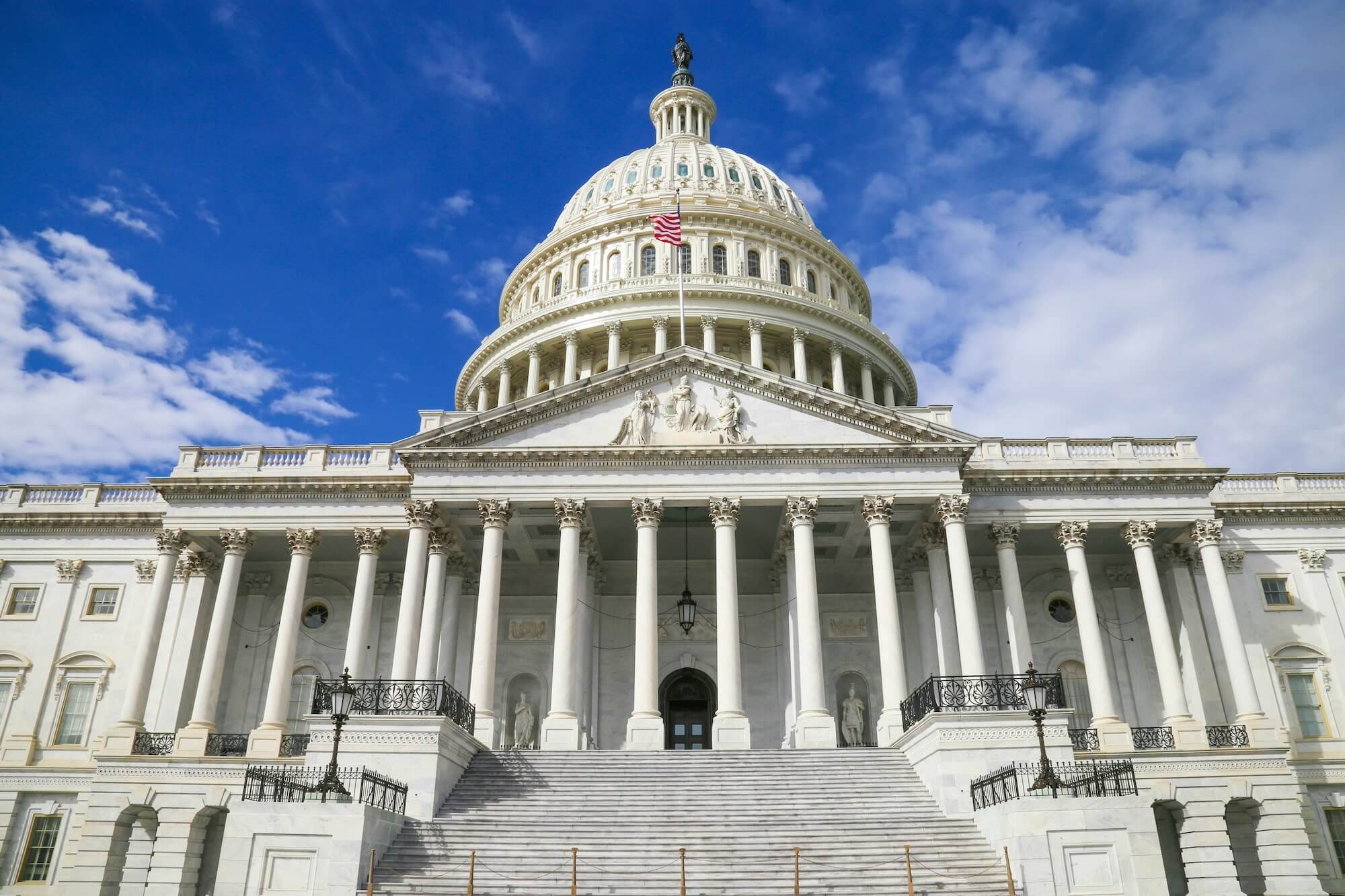
Photo by Louis Velazquez on Unsplash
The final information is subject to the latest release from the following official websites:
Embarking on the journey of starting a business in Washington, District of Columbia, requires careful planning, legal awareness, and an understanding of the unique dynamics of the nation’s capital. In this guide, we will explore the essential steps, considerations, estimated costs, potential return on investment, and potential risks associated with launching a business in Washington, D.C.
1. Choose a Business Structure: Laying the Foundation
Selecting the right business structure is the first crucial step. Options include sole proprietorship, partnership, LLC, corporation, or nonprofit. The chosen structure will impact legal and tax considerations, so seek professional advice to make an informed decision.
2. Business Name Registration: Establishing Identity
Choose a distinctive and memorable business name and register it with the Department of Consumer and Regulatory Affairs (DCRA) in Washington, D.C. Ensure the name aligns with naming regulations and is distinguishable from existing businesses.
3. Legal Compliance: Meeting State and Local Requirements
Understand and fulfill legal requirements at both the federal and local levels. Register your business with the DCRA, obtain necessary licenses and permits, and comply with Washington, D.C.’s unique regulations. Be aware of industry-specific requirements and zoning regulations.
4. Obtain a Business License: Navigating Regulatory Procedures
Washington, D.C., requires most businesses to obtain a Basic Business License (BBL). The BBL process involves specific documentation, and fees vary based on the type of business. Verify and comply with the license requirements applicable to your business.
5. Tax Obligations: Adhering to Financial Responsibilities
Understand and fulfill tax obligations at both the federal and local levels. Washington, D.C., imposes specific taxes on businesses, including sales tax and franchise tax. Complying with tax regulations is essential for avoiding penalties and maintaining financial integrity.
6. Estimated Costs: Budgeting for Success
Budgeting for your business involves various expenses, including registration fees, legal consultations, license fees, and potential lease costs for commercial space. Developing a clear budget is crucial for effective financial planning.
7. Commercial Space: Leasing Considerations
If your business requires physical space, carefully negotiate lease terms for commercial space. Consider factors such as rent, lease duration, and additional costs. Engaging legal counsel to review and advise on lease agreements is advisable.
8. Return on Investment: Projecting Success
Estimate the potential return on investment (ROI) by conducting thorough market research. Factors influencing ROI include market demand, competition, and operational efficiency. Realistic financial projections are essential for gauging potential returns.
9. Potential Risks: Proactive Risk Management
Identify potential risks associated with your business, such as changing regulatory landscapes, economic fluctuations, and industry-specific challenges. Develop a comprehensive risk management plan to mitigate and address potential issues.
10. Engage with the Local Community: Building Relationships
Building positive relationships with the local community is crucial for the success of your business. Participate in community events, engage with local organizations, and be mindful of the unique cultural and social dynamics of Washington, D.C.
Conclusion: Navigating Business in the Capital
Starting a business in Washington, D.C., offers unique opportunities and challenges. By understanding legal requirements, conducting thorough financial planning, and addressing potential risks proactively, entrepreneurs can establish a solid foundation for success in the dynamic and culturally rich environment of the nation’s capital.